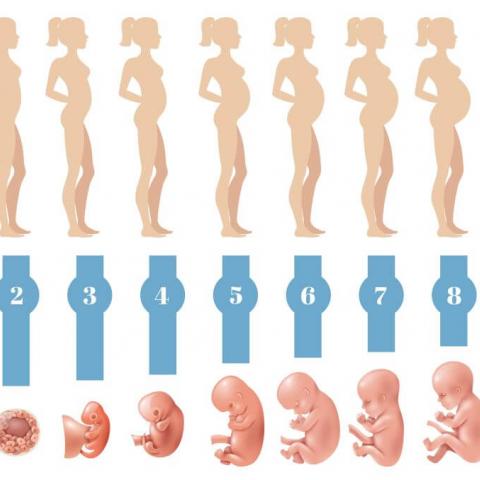Wiki: Pedia
Wikis are websites built for collaborative authoring, allowing numerous contributors to add, edit, and structure content online.
They emphasize simplicity and openness — pages can be created or modified without special technical skills, and most maintain an edit history so revisions can be reviewed or reverted.
Main features
- **Collaborative editing:** Numerous contributors can work on pages, sometimes simultaneously.
- **Edit history:** All edits are stored with timestamps and the author’s name or IP.
- **Interlinking:** Creating links among pages is straightforward, which helps interconnect content.
- **Lightweight markup:** Formatting is usually handled by lightweight markup languages (e.g., WikiText or Markdown).
- **Permission settings:** Some wikis are open to anyone; others limit edits to registered users or specific groups.
- **Discussion pages:** Dedicated discussion pages enable contributors to coordinate and discuss content.
Typical uses
- Community knowledge bases such as Wikipedia
- Internal documentation and company knowledge bases
- Collaborative writing and shared note-taking
- Classroom and educational projects
Pros
- **Fast collaboration:** Many people can collaborate and iterate quickly on content.
- **Openness:** Edit histories and talk pages reveal how content decisions were made.
- **Expandable:** Wikis can grow naturally as contributors add new topics.
Limitations
- **Vandalism and false information:** Open editing may allow intentional or accidental inaccuracies.
- **Inconsistent quality:** Articles can differ greatly in depth, tone, and reliability.
- **Organizational issues:** Lack of structure or rules can lead to disorganization and conflicts.
Notable example
- **Wikipedia** — the largest example, maintained by the Wikimedia Foundation and contributed to by volunteers worldwide.






















